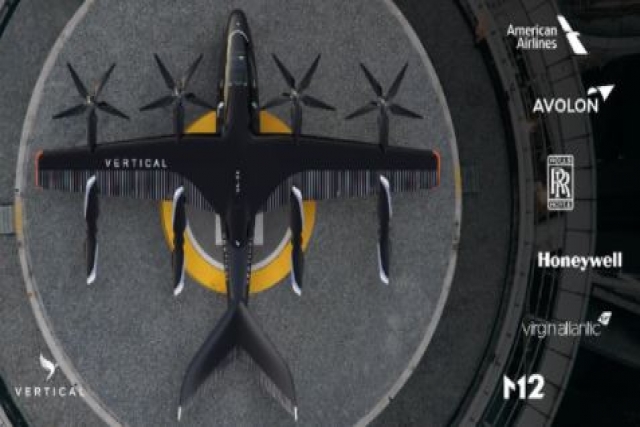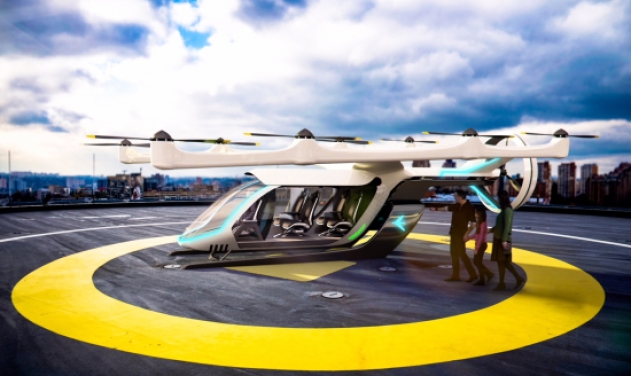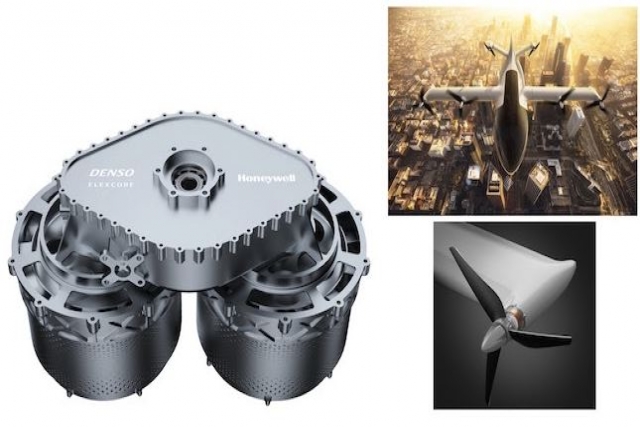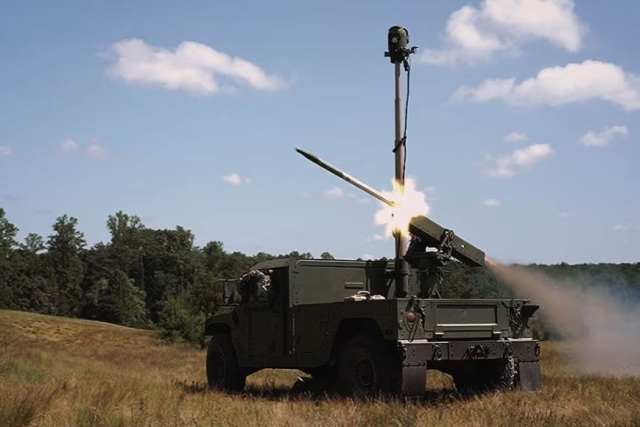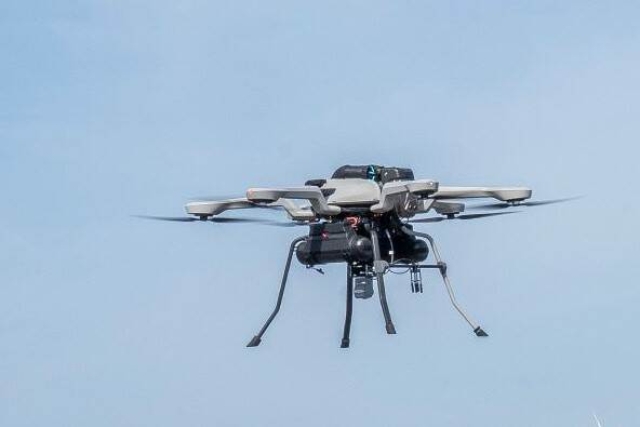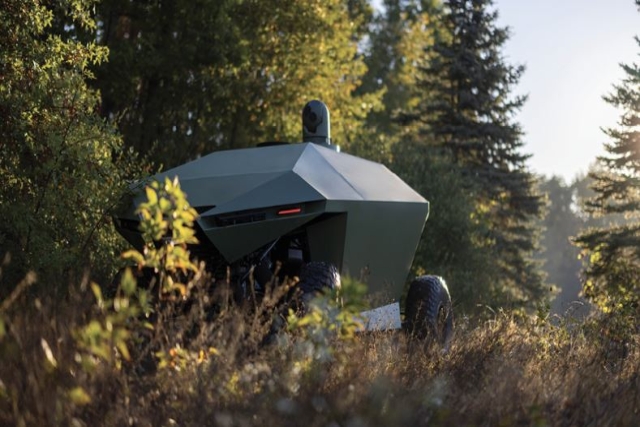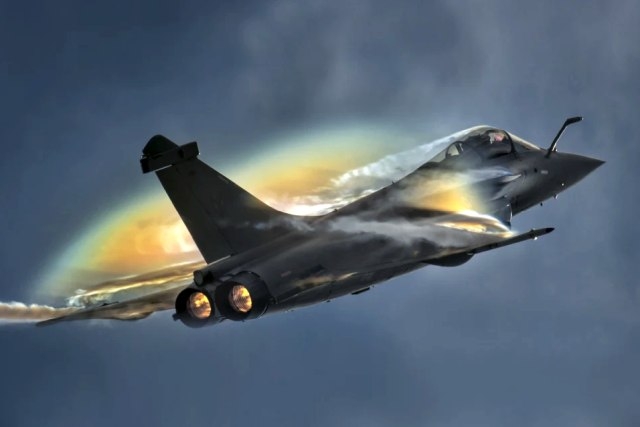Embraer’s Electric Demonstrator Aircraft Makes First Flight
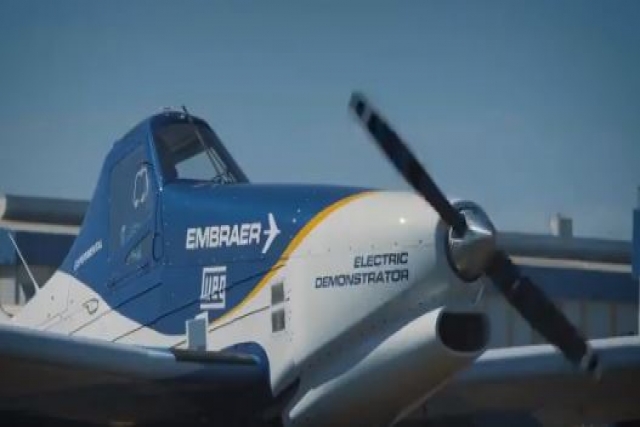
Embraer announced Friday it started testing its electric demonstrator aircraft at its facility in Gavião Peixoto, in São Paulo, Brazil.
Embraer collaborated with two renowned providers of electric mobility solutions, WEG and EDP. The open innovation strategy has accelerated the development of the needed technologies to increase the future aircraft´s energy efficiency through the use and integration of electrical devices into an innovative propulsion system, Embraer said in a release.
Power, performance, control, thermal management, and operation safety were the primary features evaluated in these manned first flights. The goal is to demonstrate real flight conditions through results obtained from computational simulations, lab tests and ground integration of technology, which have taken place since the second half of 2019.
This technological cooperation project used an electric powertrain system from WEG and a set of batteries funded by EDP that were integrated into an EMB-203 Ipanema, an aircraft that is part of Embraer's history. In 2004, it became the world´s first aircraft certified and produced in series to fly on fuel from a renewable source (ethanol).
Embraer has a permanent technological development program, which has enabled efficiency gains in aircraft performance, reducing its consumption and greenhouse gas emissions. Research in aeronautical electrification is part of a broader effort to explore a new generation of renewable energy and the transition to a net zero-carbon emissions future.
The knowledge acquired on the electric demonstrator aircraft tests will allow Embraer to develop innovative new products in line with the company’s continuous search for a sustainable future. This is the case of eVTOL (electric vertical landing and take-off aircraft), also known as EVA (Electric Vertical Aircraft or electric vertical aircraft), developed by Eve, Embraer's Urban Air Mobility company.
